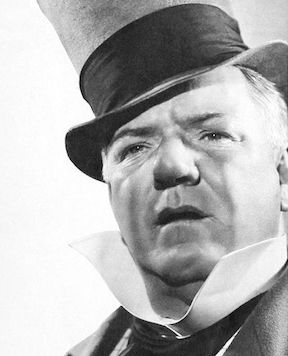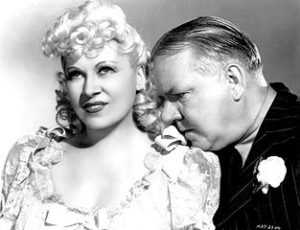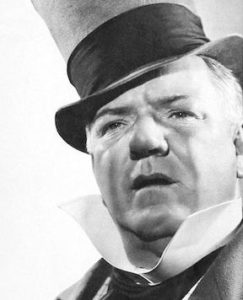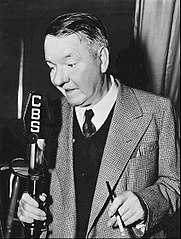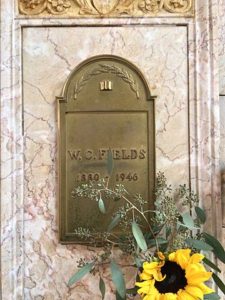W. C. Fields, Hollywood Legend
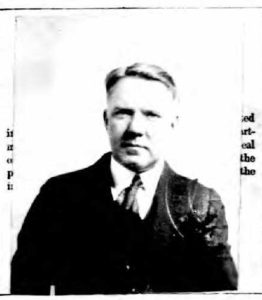
W. C. Fields was born William Claude Dukenfield on January 29, 1880 in Darby, Pennsylvania. His parents, James and Kate, were English immigrants of modest means, his mother a homemaker and his father appropriately enough at the time of his son’s birth, an innkeeper and bartender.
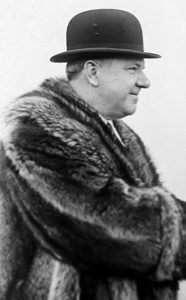
Fields scraped together some money, relocated and made the rounds of the numerous NY agents and bookers that funneled entertainers to the hundreds of venues around the city, but without any references or solid experience, this venture was doomed from the outset. Fields quickly ran out of cash and had no choice but to return home, the only tangible result of his brief move a lifelong loathing of Philadelphia, which, after his exposure to the bustling sophistication of Manhattan, struck him as backward and dull.
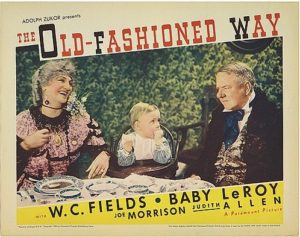
WC Fields would whip through several solid performances during the remainder of 1933 and 1934: “Six of a Kind,“ “You’re Telling Me,“ and “The Old Fashioned Way.” Stuck in the middle of these efforts were Fields’ least favorite role as “Humpty-Dumpty” in “Alice in Wonderland, and the dreadful “Mrs. Wiggs of the Cabbage Patch,” which finally proved to the Paramount brass that casting Fields as a secondary character was a mistake.

Podcast: Play in new window | Download
Subscribe: RSS

